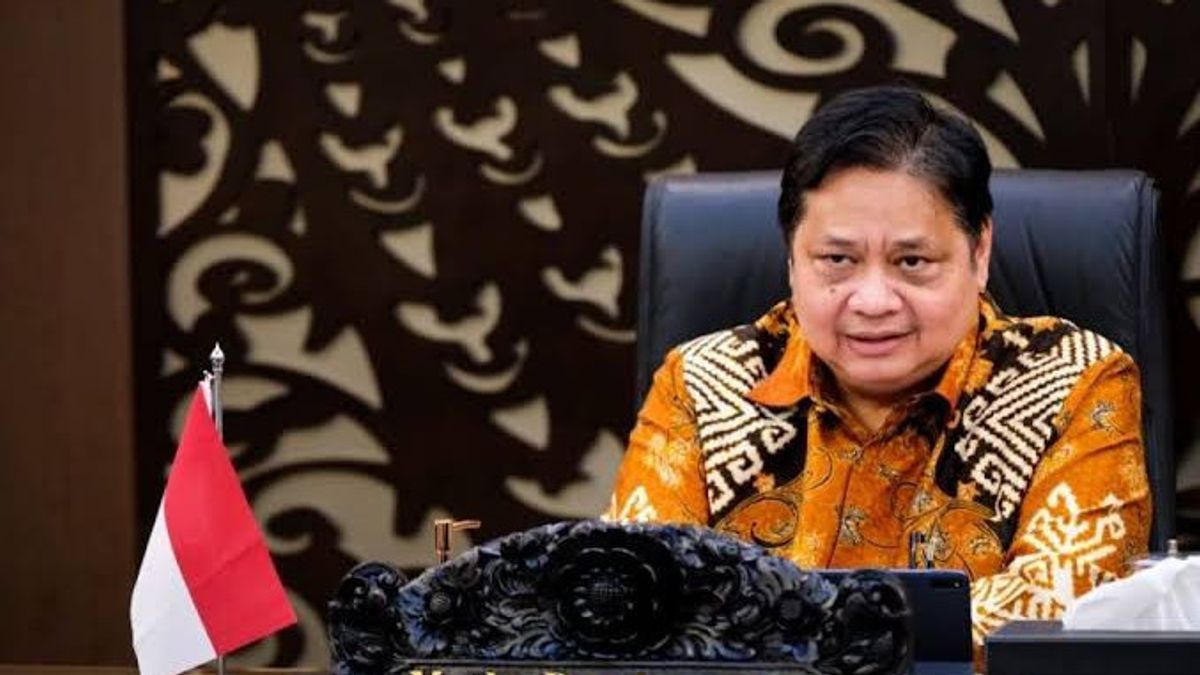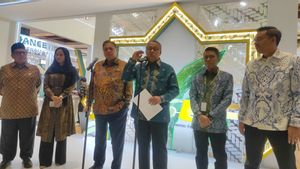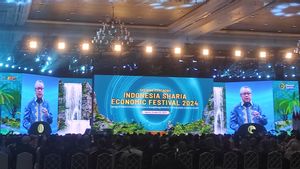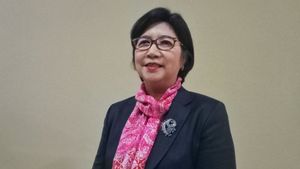Coordinating Minister for Economic Affairs Airlangga Hartarto said that Islamic economics and finance certainly have a strategic role in efforts to achieve growth targets, support economic resilience and encourage sustainable growth.
Airlangga explained that as a country with a Muslim population of 87 percent and the largest in the world, our country has great potential in developing Islamic economics and finance. Where based on data from the State Global Islamic Index Indonesia managed to rank third in the world under Malaysia and the United Arab Emirates.
"This is proof that Indonesia's Islamic economic and financial ecosystems are currently developing, especially in the field of Islamic financial investment, halal food / drinks, modest fashion, pharmaceuticals, cosmetics, and Muslim-friendly tourism," he said at the opening of the 2024 ISEF, at the JCC, Wednesday, October 30.
Airlangga added that the contribution of sharia businesses and sharia financing to the 2024 Gross Domestic Product (GDP) reached a ratio of 46.71 percent. Therefore, the development of key Islamic economic sectors, such as the halal industry, sharia financing, and sharia-based entrepreneurship, will be able to be a driving force for growth in the real sector.
According to Airlangga, the Islamic economy also supports the empowerment of MSMEs and more inclusive employment opportunities, which in the end can make a significant contribution to achieving Indonesia's economic growth targets in the future.
In addition, Airlangga conveyed that the alignment of policy directions was also reflected in the 2025-2045 National Long-Term Development Plan (RPJPN) through the vision of Indonesia Gold 2045. The government targets Indonesia Gold 2045 with the foundation of strong economic growth, technological innovation, and increased productivity.
SEE ALSO:
"The massive strengthening of Islamic economics and finance supports this vision, through the support of productive sectors such as the halal industry and sharia financing to realize sustainable and inclusive economic growth," he said.
Airlangga said that synergy and interconnectivity in the sharia economic ecosystem is very important to strengthen the sharia economy in the future.
"The collaboration between the Islamic financial sector, the real halal sector, and Islamic social institutions will create a more inclusive and sustainable ecosystem, supporting wider sharia economic growth and beneficial for the community," he concluded.
The English, Chinese, Japanese, Arabic, and French versions are automatically generated by the AI. So there may still be inaccuracies in translating, please always see Indonesian as our main language. (system supported by DigitalSiber.id)











